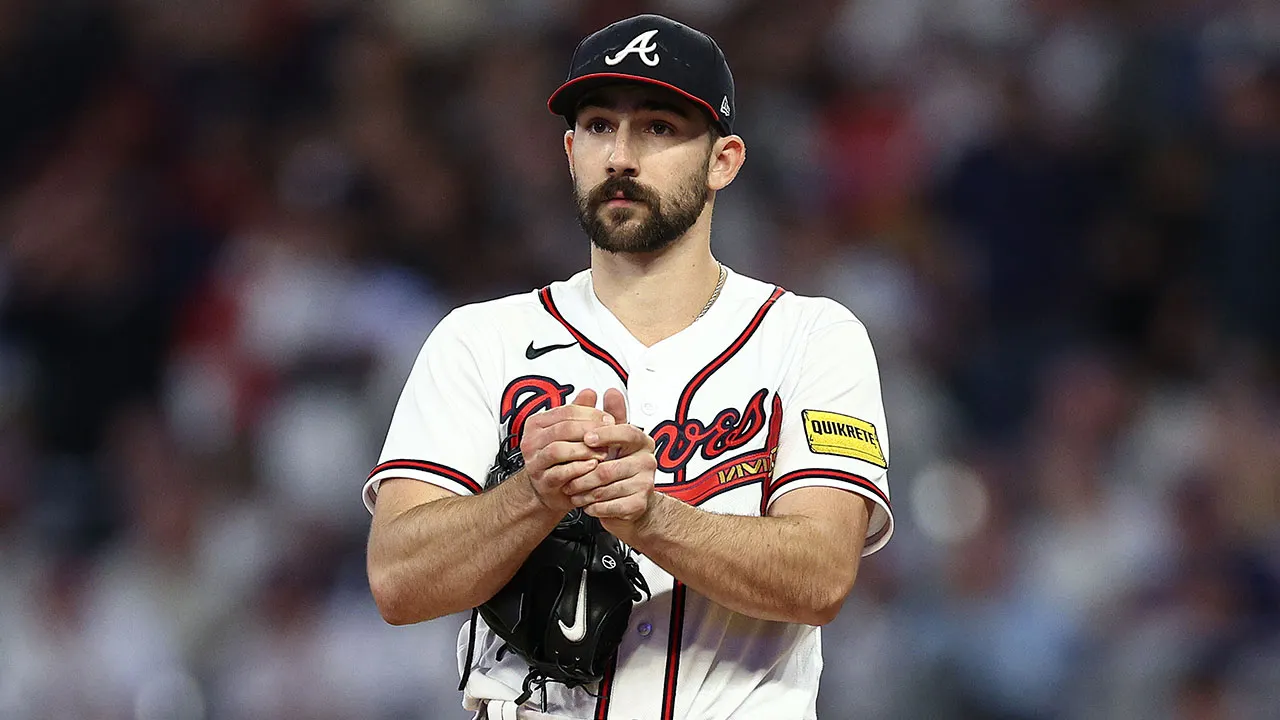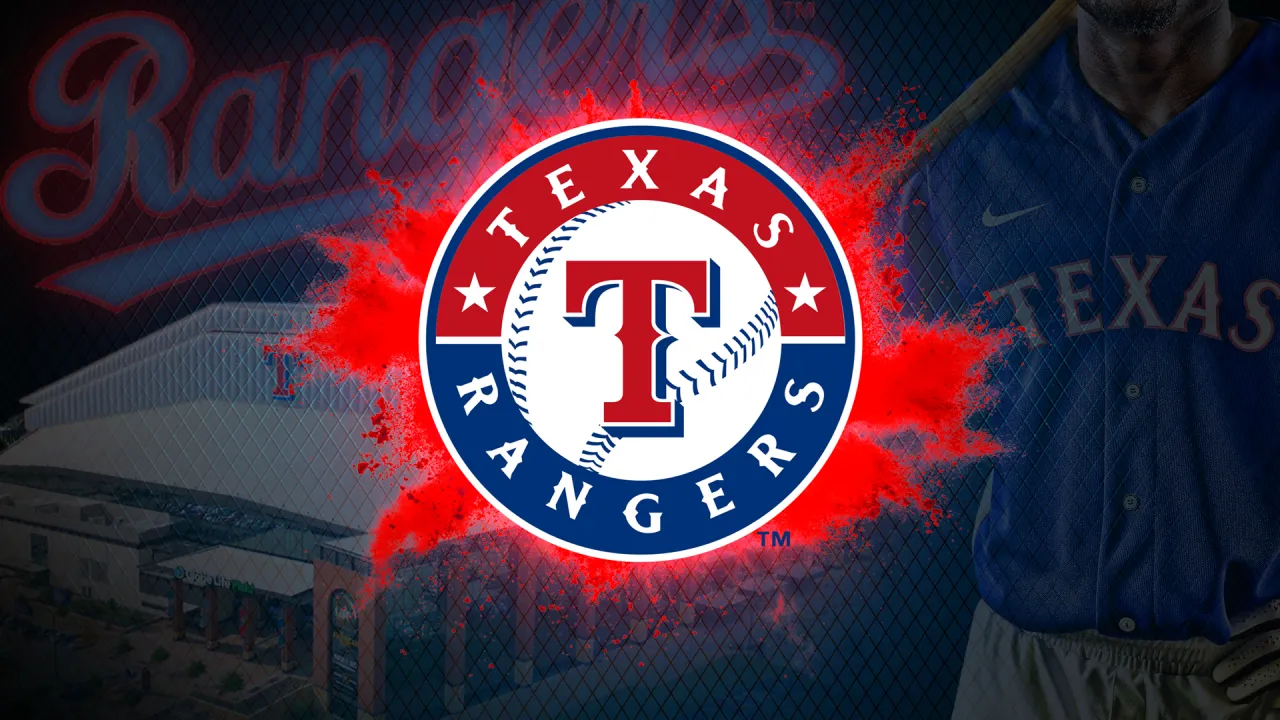The Texas baseball world is in mourning.
Just weeks before what should have been one of the proudest and most celebratory moments of his life, baseball icon Dave Parker has passed away at the age of 74, stunning fans, teammates, and the entire Major League community.
The man known as “The Cobra” was set to be enshrined in Cooperstown this July — a long-overdue honor that Parker had waited decades for. Now, instead of watching him take the podium one final time, the baseball world is left grappling with heartbreak, reflection, and questions about what really happened in his final days.

A Giant of the Game
To Rangers fans and baseball lovers everywhere, Dave Parker wasn’t just a player — he was a force of nature. During a breathtaking stretch from 1975 to 1979, Parker dominated for the Pittsburgh Pirates, posting MVP-caliber numbers, winning three Gold Gloves, and wielding one of the most feared arms in right field. He was a central figure in the Pirates’ 1979 “We Are Family” World Series run, and for many fans in Texas and beyond, Parker’s powerful bat and fiery presence symbolized an era of raw, unfiltered baseball greatness.
His .321 average over that five-year span, combined with 84 stolen bases and jaw-dropping defensive plays, placed him firmly among the legends. But the stats tell only part of the story.
A Hard Road Back
Parker’s journey wasn’t without shadows. His public battle with substance abuse — particularly highlighted during the 1985 Pittsburgh drug trials — threatened to derail a once-immaculate legacy. But the Dave Parker story didn’t end in scandal. He fought back. In 1985, with the Cincinnati Reds, Parker mounted one of the most impressive comebacks in modern baseball history, finishing second in MVP voting and proving to the world that resilience could be just as powerful as talent.
His story became a blueprint for redemption — and for many Rangers fans who had followed his post-Pirates journey and his appearances in Arlington, he was more than a Hall of Famer — he was an inspiration.
What Really Happened in His Final Days?
Sources close to the Parker family revealed that while his health had been declining, few anticipated how rapidly things would turn in recent weeks. According to a family friend, Parker was still reviewing notes for his Hall of Fame induction speech just days before his passing. His excitement was real. His gratitude, boundless.
What fans didn’t know — and what’s only now beginning to emerge — is that Parker had recently taken a turn after battling complications linked to his long fight with Parkinson’s disease. Despite the struggles, he remained upbeat, even joking with friends and former teammates about what he would wear to Cooperstown and how he would finally get his chance to “say something real” in front of the baseball world.
His passing wasn’t just the loss of a legend. It was the silencing of a voice that had waited decades to be heard.
A Legacy Bigger Than Baseball
Though he never played for the Texas Rangers, Parker’s legacy was felt deeply across ballparks in the Lone Star State. His battles, triumphs, and the sheer electricity he brought to the game left lasting impressions on a generation of fans and players, including many who now wear the Rangers uniform.
In a statement released late Friday, Rangers manager Bruce Bochy called Parker’s death “a gut punch to everyone who understands what this game is really about.”
“Dave played the game hard, with pride, and with a chip on his shoulder — and he earned every ounce of respect,” Bochy said. “The Hall of Fame was finally going to give him what he deserved. He’ll still be honored. And he’ll be remembered — forever.”
Cooperstown Will Still Echo With His Name
Though he won’t be present in person, Parker will be inducted posthumously into the Hall of Fame on July 27, 2025, as part of the Classic Baseball Era Committee’s selections. His family is expected to attend on his behalf, with former teammates and close friends likely speaking in his memory.
The moment will be bittersweet — but powerful.
For Rangers fans and baseball lovers everywhere, Dave Parker was proof that greatness isn’t just measured in home runs or MVP trophies. It’s measured in how you rise after the fall. It’s measured in the lives you touch and the memories you leave behind.
And by those standards, The Cobra didn’t just belong in the Hall of Fame — he belonged in the hearts of everyone who ever loved this game.



